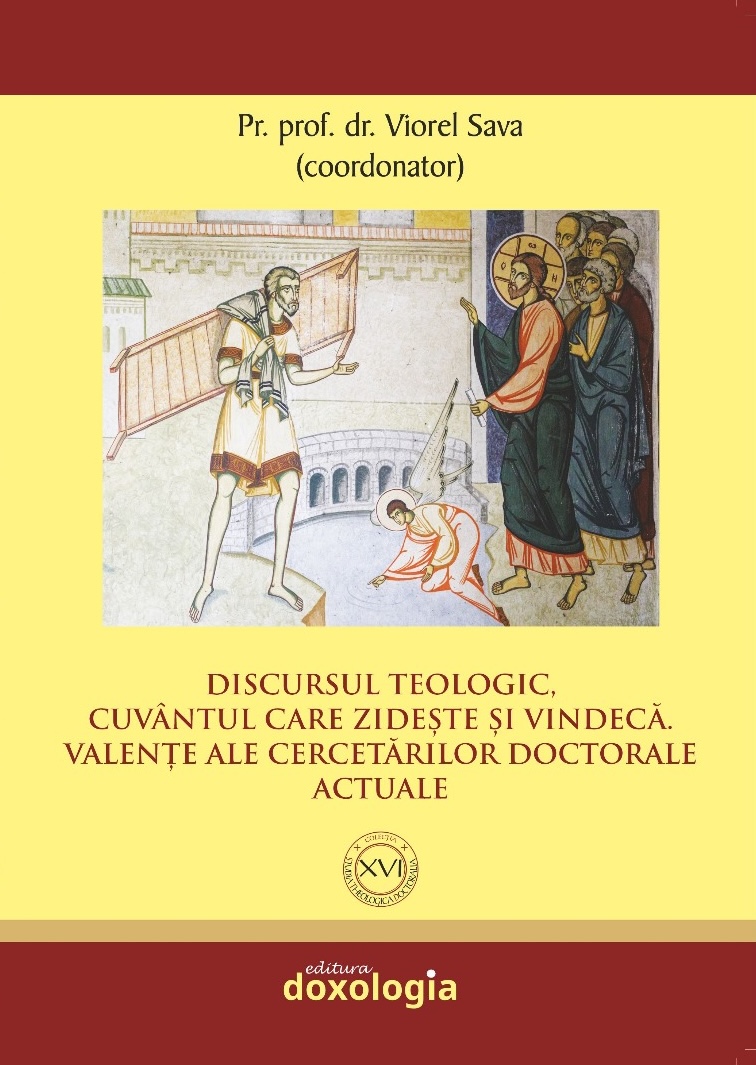Between the “Scylla” of Relativism and the “Charybdis” of Absolutism: The Case of Contraception in Interfaith Christian Marriages
Between the “Scylla” of Relativism and the “Charybdis” of Absolutism: The Case of Contraception in Interfaith Christian Marriages
Author(s): Angelos MAVROPOULOS
Subject(s): Christian Theology and Religion, Theology and Religion
Published by: Editura Doxologia
Keywords: Contraception; 'Mixed' marriages; Moral absolutism; Moral relativism; Christian ethics; Comparative theology;
Summary/Abstract: One of the most important differences between Catholic and Eastern Orthodox ethics concerns the notions of “moral absolutes” and “intrinsically evil acts’. Although, for traditional Catholic moral theology, there are acts absolutely regarded as evil, regardless of any underlying intentions and circumstances, the Orthodox Church has not adopted these concepts, emphasizing, not law and obligation, but divine economy. This has led to divergent views on several ethical issues, with artificial contraception being one of the most important of them. While Catholic ethics considers contraception intrinsically evil due to its perceived violation of natural law, Orthodox theology, although regards contraception as generally evil, tends to allow for greater pastoral discretion, viewing it within the broader context of God’s economy and the sanctity of marital relationships. What is the impact of this divergence on interfaith marriages involving individuals from these two traditions? This is the answer that this paper will answer, exploring the practical implications and challenges arising from doctrinal differences in moral theology within the context of “mixed” Christian marital unions.
- Page Range: 349-364
- Page Count: 16
- Publication Year: 2024
- Language: English
- Content File-PDF

